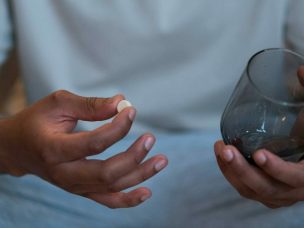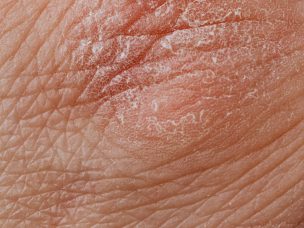Attention-deficit/hyperactivity disorder (ADHD) is closely associated with obsessive-compulsive disorder (OCD) in pediatric patients. ADHD comorbidity may have negative effects on treatment outcomes in patients with OCD.
Attention-deficit/hyperactivity disorder (ADHD) is one of the most common psychiatric conditions that occur concomitantly with obsessive-compulsive disorder (OCD), and the rate of concomitant occurrence is up to 60%. Although they are at opposite ends of the impulsive-compulsive spectrum, ADHD and OCD share overlapping symptoms, such as inattention, impulsivity, and cognitive dysfunction.
Previous research has suggested that ADHD comorbidity is linked to negative outcomes of OCD, including more severe symptoms, low academic capabilities, poor prognosis, and resistance to conventional treatments. However, one recent study showed surprising results that contradict previous findings.
Researchers conducted a case-control study to evaluate the effects of ADHD comorbidity on the outcomes and treatment of OCD. Over a four-year period, the clinical characteristics of 364 children with OCD were assessed. Researchers compared OCD patients with ADHD to those without ADHD.
Almost 40% of patients with OCD presented with ADHD, and most patients with ADHD comorbidity were male (p<0.001). Patients with OCD and ADHD were found to have higher rates of conduct problems, tic disorders, and learning dysfunction. They also responded poorly to first-line OCD treatments. However, in contrast with previous research, ADHD comorbidity was linked to less severe OCD symptoms and an overall stable symptom course. Although the study found that pediatric patients with OCD exhibited a chronically stable course of OCD symptoms, ADHD comorbidity was still linked to poorer treatment outcomes. Clinicians are encouraged to be aware of the impact of ADHD comorbidity in pediatric patients with OCD and work to diminish poor treatment outcomes as the disease progresses into adulthood.
Source: Efe, A., Kaba, D., Canlı, M., & Temeltürk, R. D. (2022). Impact of Attention-Deficit/Hyperactivity Disorder Comorbidity on Phenomenology and Treatment Outcomes of Pediatric Obsessive-Compulsive Disorder. Journal of Child and Adolescent Psychopharmacology, 32(6), 337-348. https://doi.org/10.1089/cap.2022.0007









